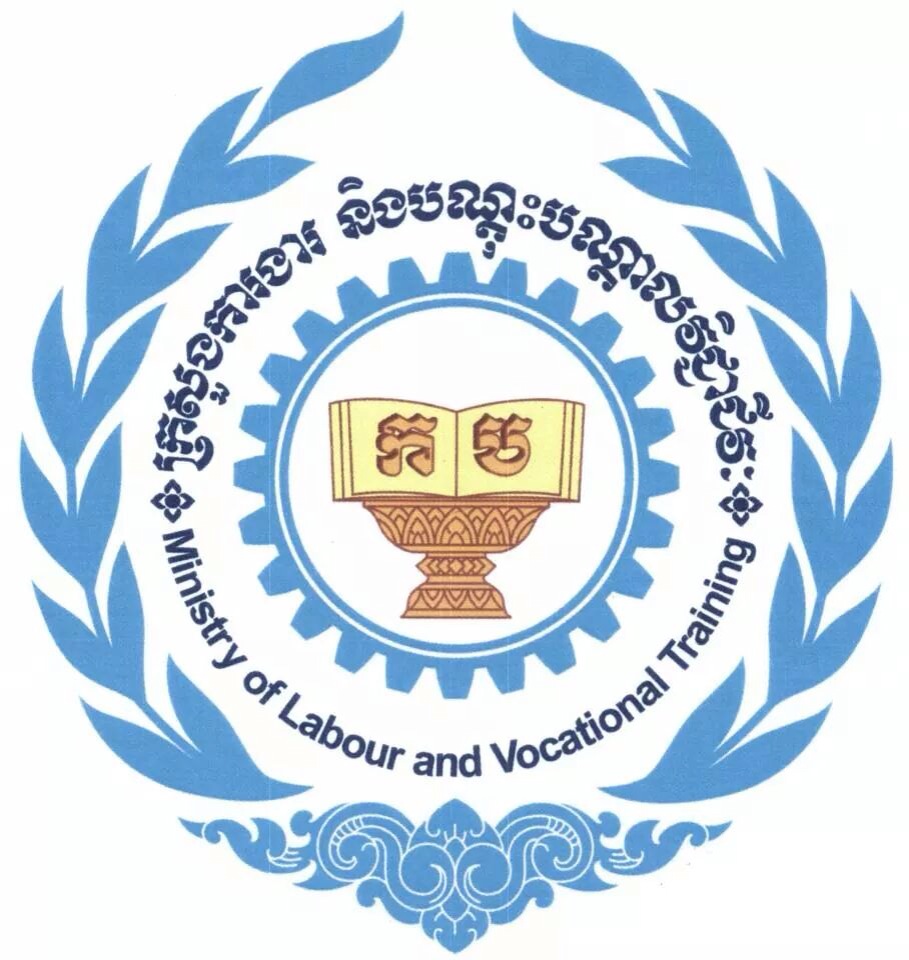Issue Description
There are three major laws and regulations governing overtime work in Cambodia: the Labour Law 1997 (LL) (Articles 137-140); Prakas No.80/99 on Overtime Work Besides Regular Working Hours; and Notification No.41/11 of the Ministry of Labour and Vocational Training.
Overtime work is work performed beyond normal working hours. Under the Labour Law, normal working hours cannot exceed eight hours per day or 48 hours per week. For example, if your normal working hours are from 8:00am to 12:00pm and 1:30pm to 5:30pm, work performed after 5:30pm is considered overtime work.
Some of the requirements for overtime to be valid legally include:
- It must be urgent and exceptional (LL, Art. 139).
- It must be voluntary (Prakas No.80/99, Art. 4).
- It must not be more than two hours per day (AC Award 10/04).
The fact that overtime limits in Cambodia are calculated on a daily basis (as mentioned above, a maximum of two hours of overtime per day is allowed) does not take into account the nature of specific lines of work, for which such a requirement can be harmful to company operations.
For example, companies in the manufacturing and services sectors operate in very different ways. Factories tend to produce regular outputs throughout the year, meaning staff are expected to work a fairly regular schedule over this period. By contrast, many services professions (legal, HR, consulting, etc.) tend to operate on a per-project rather than output basis, meaning the workload can fluctuate significantly during the year, in accordance with client demands.
This divergence in work rhythm between companies in manufacturing and services means that overtime considerations are different for these companies. Staff in service companies might benefit more from an overtime limit that allows them to adjust their work schedule to accommodate occasional more intense working months, and compensate for less intense periods.
Impact on business
The current overtime limit calculations do not allow companies to adjust their allowance to accommodate diverging work peaks during the months of the year. If these companies cannot calculate overtime on a more long-term basis (as opposed to a daily limit), while at the same time needing to put staff to work overtime to gain crucial revenue, this inflexibility could be detrimental to companies and staff alike. This would be counter-intuitive, since the institution of legal work overtime limits is meant to protect workers’ wellbeing.
If companies struggle to be able to put staff in overtime during crucial, hardworking months, this could either encourage them to under-report the actual overtime from work time sheets, or it could put them in a situation where they are earning less revenue, meaning it could encourage them to downsize the workforce in response to this. These outcomes would be the opposite of what was intended by the institutions of Labour Law provisions on overtime.
Recommendation
- Recalculate work overtime limits on a monthly rather than daily basis, setting a maximum amount of monthly working hours to 260.
We respectfully recommend that the Ministry of Labour and Vocational Training amend the legislation concerning overtime work limits, so that overtime limits be calculated monthly, rather than daily. In addition, we would recommend that the new limit for maximum working hours over the period of a month be set to 260.
This figure includes both the amount of monthly regular working hours, set by Cambodian law to 48 hours per week – the equivalent of 192 hours per month – and the maximum amount of overtime allowed in one month, calculated at 68.
Allowing companies more flexibility in setting maximum overtime limits for their staff could provide benefits such as increased productivity, improved employee satisfaction, and reduced labour costs. Companies could adjust overtime limits to meet changing business needs. This flexibility could also allow for better work-life balance for employees, leading to improved job satisfaction and retention rates. Additionally, this approach could encourage innovation and growth, as companies could adapt to market changes and take on new opportunities with the support of a flexible and efficient workforce. Finally, it would provide an additional incentive for companies to report on their staff overtime amounts correctly.
Royal government of Cambodia
Initiative from Eurocham: The issue has been raised by the Human Resources Committee within The White Book edition 2024 in the Recommendation No. 78.

National Counterparts

Ministry of Labour and Vocational Training
Contributors

Mr. Chheav Narath
ROYAL UNIVERSITY OF LAW AND ECONOMICS

Dr. Antoine Fontaine
ANANT LAW FIRM

Mr. François Schnoebelen
INDIVIDUAL MEMBER

